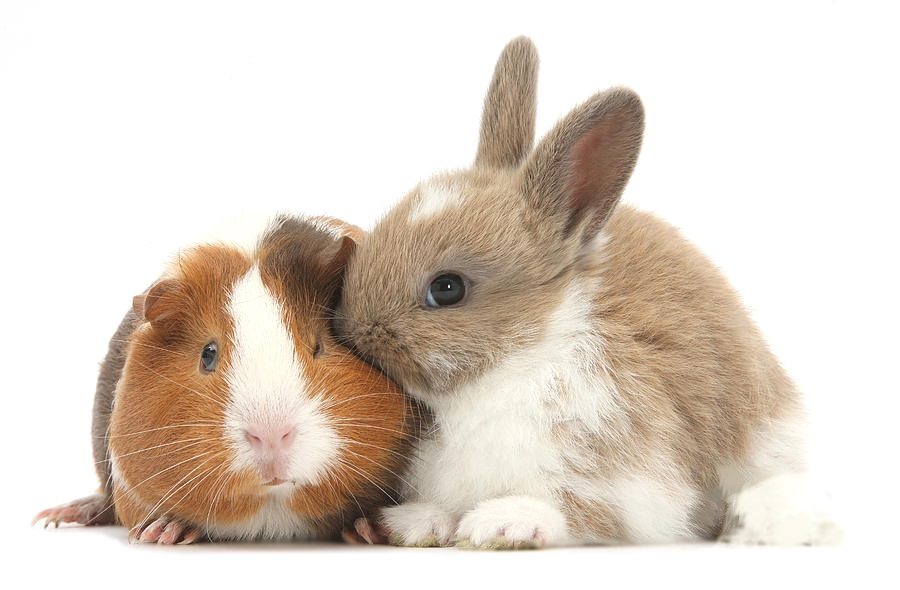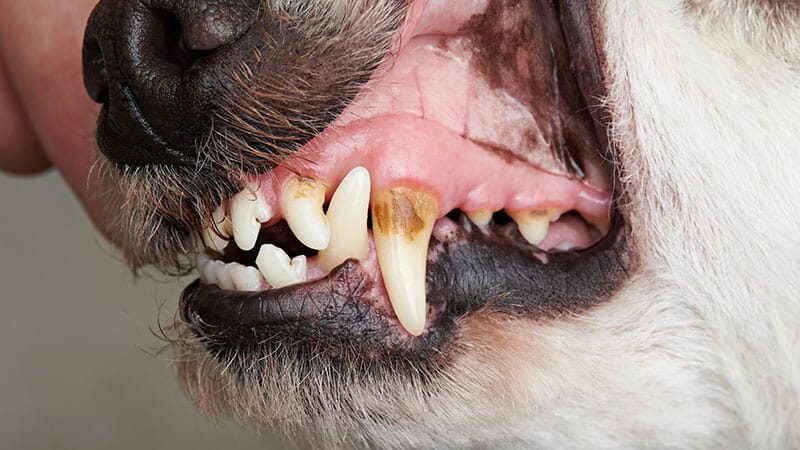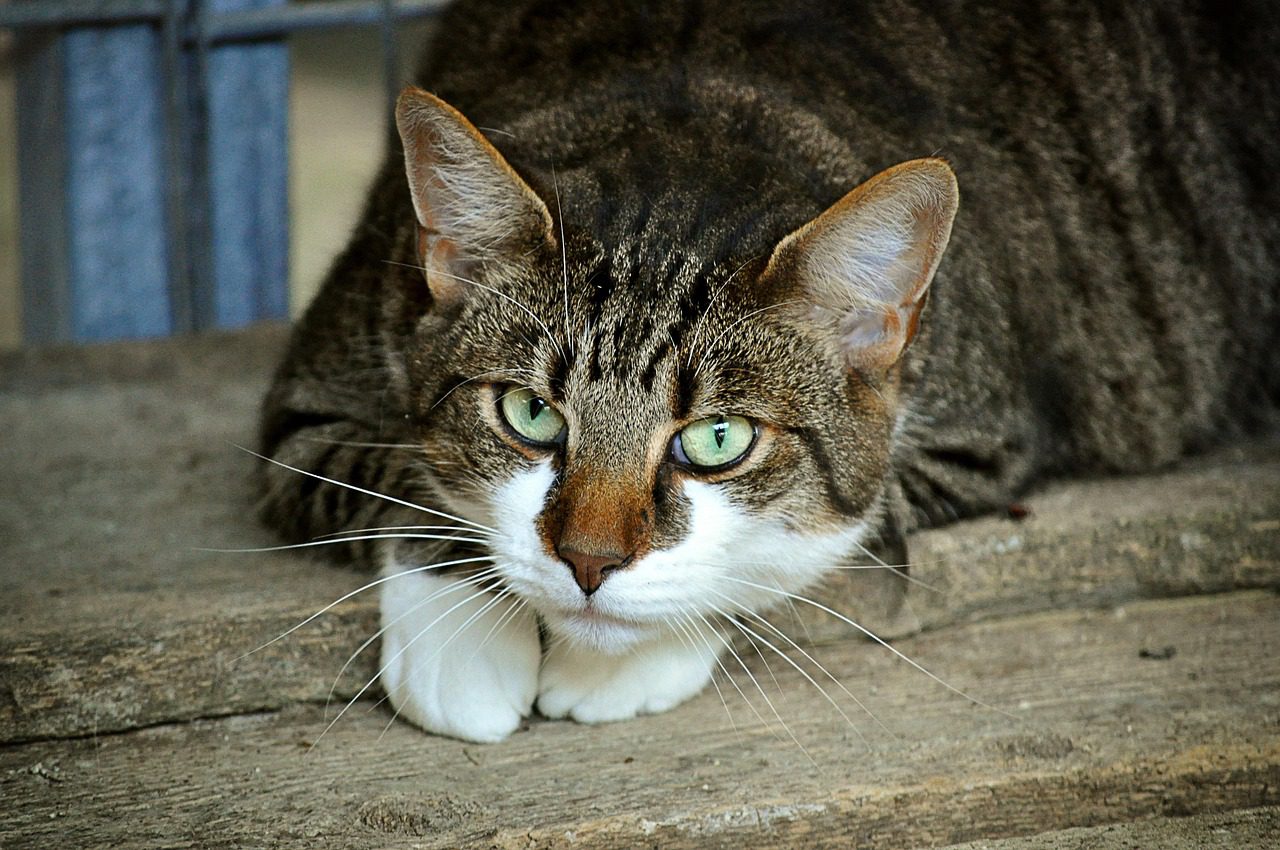With winter just around the corner, let’s spare a thought for our hutch friends.
Experienced rabbit and guinea pig owners will be used to watching out for signs of frost or freezing weather. This could cause our hutch friends’ water bottles to freeze, putting them at risk of dehydration.
Consider using a water bottle ‘warmer’, or move the whole hutch into the shed or garage. Check the water bottle is definitely dispensing water at least twice a day, and not blocked by ice.
Rabbits and guinea pigs need companions to help them keep warm. If yours is newly alone, you should consider how to add warmth, and reduce draughts for them now. Ensure every evening that the bedding is built up really high, and consider a thick blanket thrown over the outside to help insulate them.
Both rabbits and guinea pigs have a need for vitamin D from the sun, so even now the grass has stopped growing, it is still good for them to forage around in the garden for an hour or two on every fine day in winter, to keep their bones and teeth strong.
This is the time of year when grass eating has to be replaced by hay eating. But it is still important that all rabbits and guinea pigs eat mainly roughage, and do not rely too heavily on anything bought in a bag, although guinea pigs do need some for the vitamin C content.
The only way to prevent dental disease for rabbits and guinea pigs is to ensure access to sunshine for the vitamin D to strengthen their jaw bones, and to ensure that most of their day is spent chewing from side to side, which is the chewing action for grass and hay. Rabbits switch to chewing up and down for pellet and muesli feeds, which sadly allows dental overgrowth and can cause painful tooth abnormalities which then require an operation to straighten out.
Fly strike is no longer an issue in the winter, but it is still important to keep nether-regions and hutches pristine, and to encourage exercise, grooming and fun.




